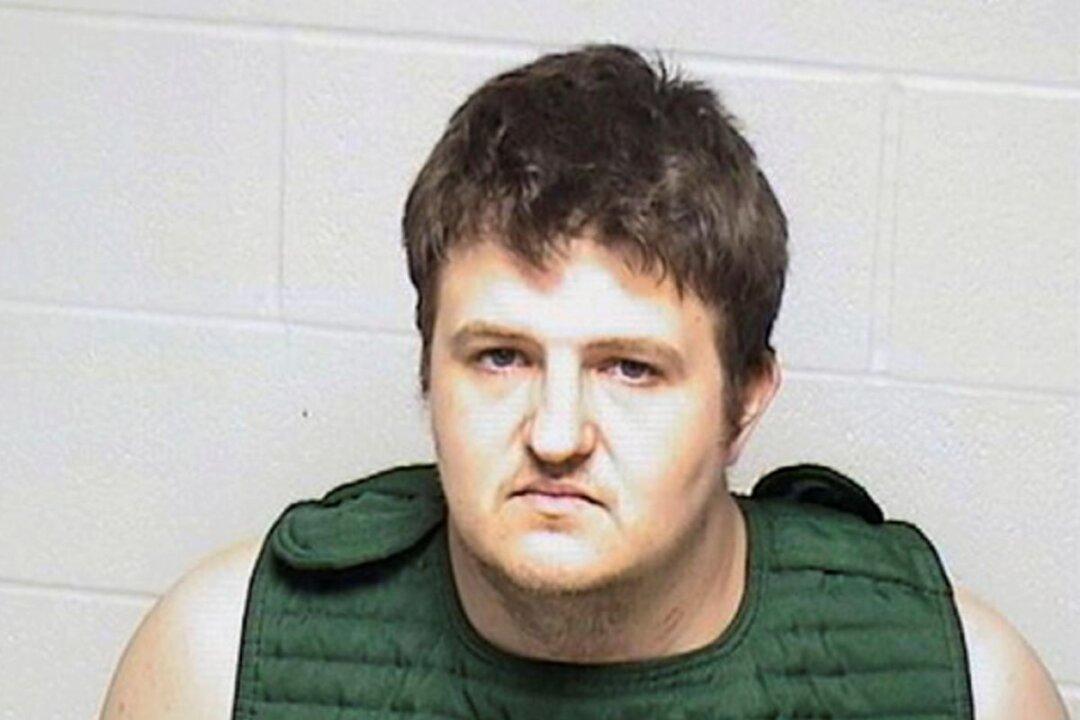WAUKEGAN, Ill.—A suburban Chicago man who told his estranged wife in a note after he drowned their three young children “If I can’t have them neither can you” was sentenced Friday to life in prison without the possibility of parole.
The Lake County judge sentenced Jason Karels, of Round Lake Beach, after considering victim-impact statements written by the children’s mother, maternal grandmother, and aunt that called Mr. Karels “a `monster’ who destroyed many lives,” the prosecutor said in a statement.





